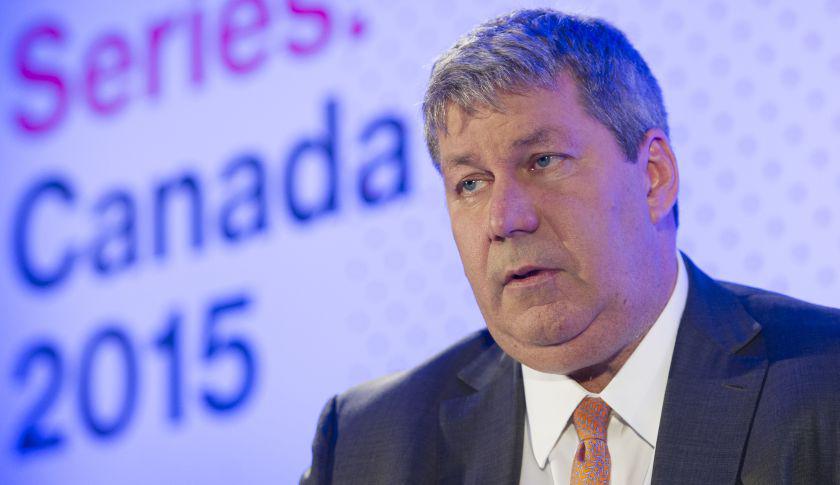
When it rains it pours for Valeant VRX. CVS CVS and Express Scripts ESRX dropped Philidor from their pharmacy networks due to noncompliance with provider agreements. Valeant promptly cut ties with Philidor, citing a loss of confidence in the specialty pharmacy group’s ability to operate in a manner acceptable to patients and doctors. Now Standard & Poor’s has lowered the company’s credit rating to “B+” from “BB-” with a negative outlook:
Valeant severed ties with its affiliate, specialty pharmacy network Philidor RX Services, after leading pharmacy benefit managers (“PBMs”) terminated their relationships with Philidor … We view the abrupt nature of this separation as likely to exacerbate the loss of revenues and profits we already anticipated from the reduced visibility of that channel.
While this channel represents only a modest amount of Valeant’s revenues (6.8% of its third quarter revenues), we believe these developments further harm Valeant’s already tarnished reputation. We believe this could compromise the company’s ability to effectively market its products to doctors through its sales force. We also believe these developments further increase potential legal, regulatory, and reputational risks to the company.
The Situation
Last week short seller Citron Research questioned if Valeant was stuffing its Philidor distribution channel with invoices to deceive auditors and book revenue. The smoking gun appeared after the Wall Street Journal divulged Philidor’s aggressive sales practices. Such practices included Philidor’s use of another pharmacy’s identification number in order to get an insurer to reimburse claims. This information set off a chain of events that led to major pharmacy benefit managers and ultimately, Valeant, cutting ties with Philidor.
Valeant has grown its operations by acquiring drug makers and raising target companies’ drug portfolios to prices that Valeant thinks the market would bear. The current loss of its reputation due to the Philidor debacle could prompt doctors and/or pharmacies to tamp down the use of its products. Secondly, politicians have looked askance on Valeant’s practice of raising drug prices. Historically, drug companies have justified price increases in order to recoup R&D costs needed to launch drugs. Lastly, with its debt considered “highly speculative” by S&P, Valeant may find the debt markets closed to it; thus, its strategy of employing debt for acquisitions could be null and void.









Leave A Comment